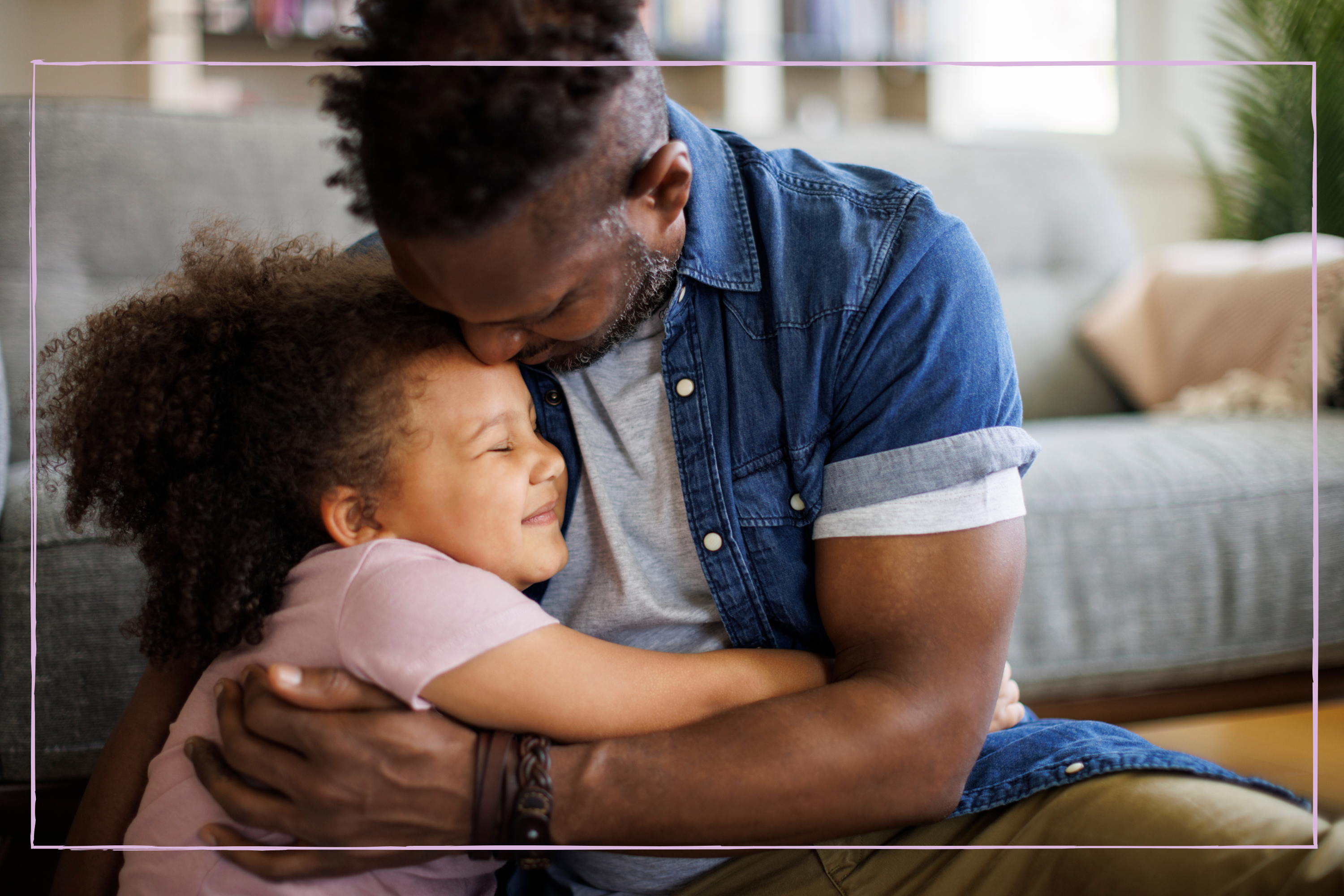Telling your kids white lies to spare their feelings could backfire, according to science
Your heart may be in the right place as you tell a little white lie to your child, but experts warn it could have unintended consequences

Parenting advice, hot topics, best buys and family finance tips delivered straight to your inbox.
You are now subscribed
Your newsletter sign-up was successful
New research has found an unintended consequence of telling your kids white lies, even little ones told in order to spare their feelings, and you're going to want to avoid doing so in the future.
No matter your chosen parenting style, white lies are often a parent's best friend. Whether it's a forced 'It's beautiful' at one of their more unusual drawings or 'I've not got my purse,' when they ask for a treat while you're out, these little truth bending quips save a long conversation or argument and they're not harmful, are they?
Well, new research has found that kids who are regularly told white lies by their parents are more likely to lie about things themselves.
A study, published in Elsevier’s Journal of Experimental Child Psychology, looked at the behaviour of over 500 children aged between 11 and 12 to see how their relationship with the truth had been impacted by the various little white lies parents often use.
The researches asked parents how often they lied to their children and the children were then asked how often they lied to their parents. The outcome? Honesty really is the best policy.
“The bad news for parents is that sometimes, honesty may be the best policy," researcher Dr Setoh Pei Pei of Nanyang Technological University said. “White lies may be motivated by good intentions, but if children realise they have been lied to, this can also lead to lying from the child.”
The delicate white lies parents tell were split into two groups by the researches: instrumental and white lies. Instrumental lies are defined as lies used to get a child to change or stop what they're doing. Dr Pei Pei explains, “Instrumental lies are used to get a child to comply when they are misbehaving, for example, a parent threatening to call the police if the child is being naughty.
Parenting advice, hot topics, best buys and family finance tips delivered straight to your inbox.
White lies, on the other hand, are classed as lies used to spare a child's feelings, like saying they're brilliant at singing when you'd really rather they took a break from it. And luckily for us, these emotion sparing white lies are less of an issue than the more dramatic instrumental ones.
“Instrumental lying makes it more likely that children will lie to their parents," Dr Pei Pei says. But it's easier said then done to stop using those little time-saving lies. So what do you do if your child starts lying to you as a result?
According to The Centre for Parent & Child Support, there are three ways to respond to a child's lie. The first thing to do is not to panic about the behaviour. "Respond calmly," they say. "Try to avoid lectures as negative attention can encourage defensiveness and more lying."
They also counsel to respond in a positive way. "Try and point out the truth in a way that does not make your child feel defensive. For example, 'That's interesting that you think that because I read...'"
Third and foremost, you must try to 'understand the reason behind the lie.' They share, "Sometime children lie to feel better about themselves. Instead of responding with frustration, use it as an opportunity to help build their self-esteem."
For more family news, here are 5 ways to show kids you love them in a way they can process and struggling with school run meltdowns? A child psychologist has shared a tip for calmer goodbyes, as well as asking your kid this question could do wonders for their self-esteem – here’s why.
Charlie Elizabeth Culverhouse is a news writer for Goodtoknow, specialising in family content. She began her freelance journalism career after graduating from Nottingham Trent University with an MA in Magazine Journalism, receiving an NCTJ diploma, and earning a First Class BA (Hons) in Journalism at the British and Irish Modern Music Institute. She has also worked with BBC Good Food and The Independent.